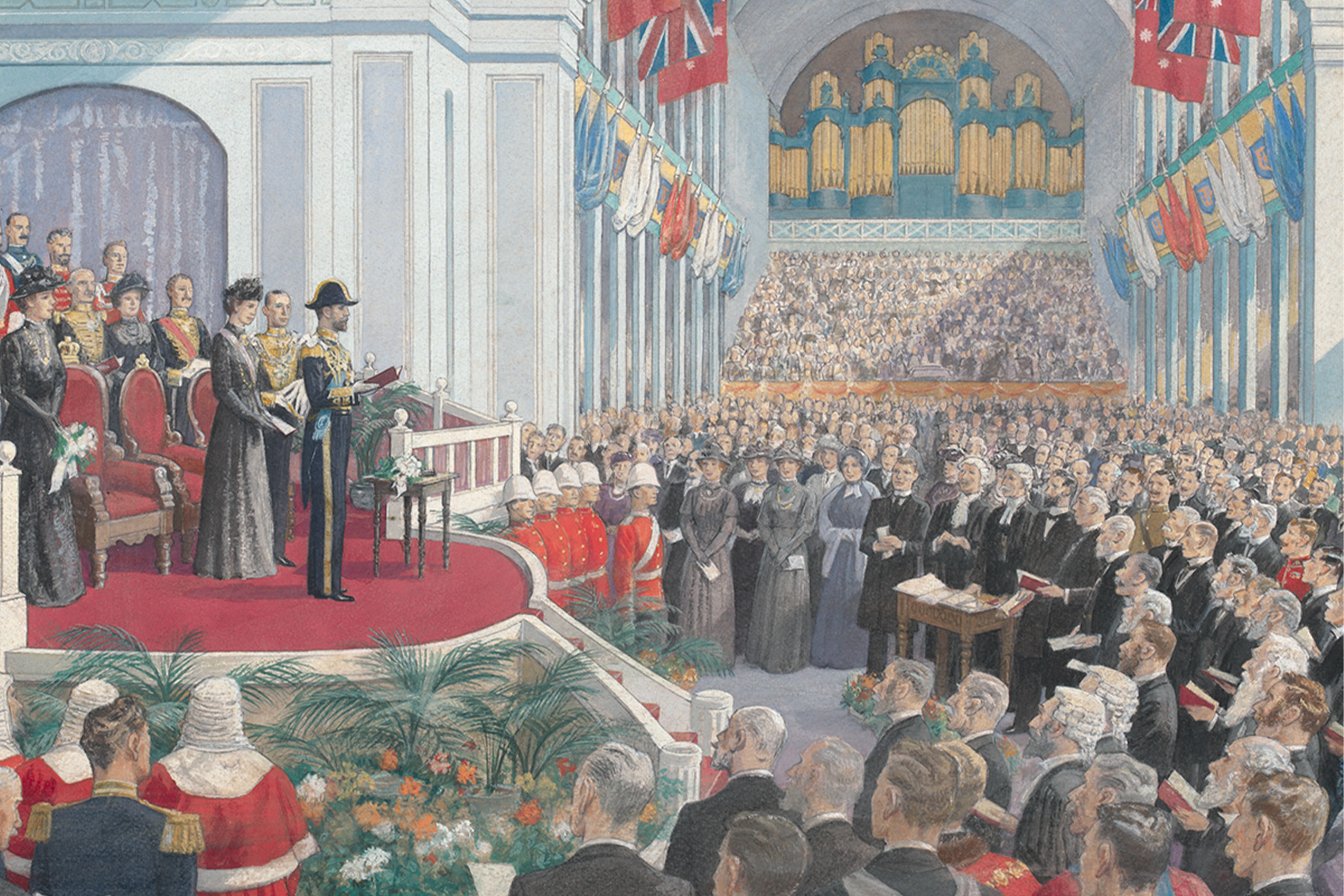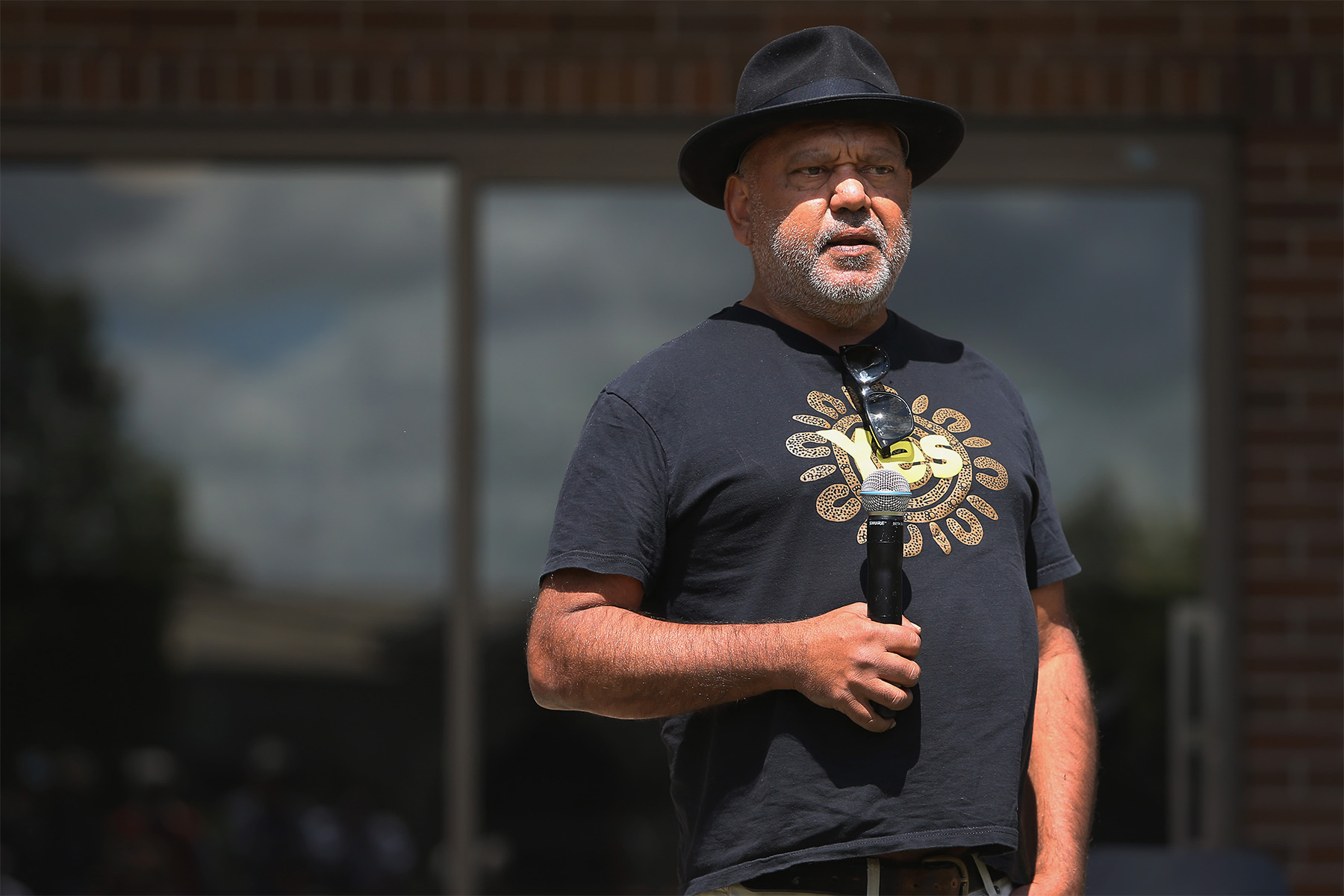
Arts & Culture
‘Tis the season to celebrate Australia’s diversity

26 January is a divisive and illogical date to celebrate our country. An alternative date acknowledges Indigenous history while also reflecting modern Australia
Published 19 January 2024
For years now, there has been an ongoing debate over the meaning and appropriateness of celebrating Australia Day on 26 January.
But what has been lost amid the increasingly heated rhetoric is the simple truth that this date makes no sense. Instead of continuing the same arguments ad infinitum, what we should do is find a replacement date – one that makes sense for contemporary Australia.

A country’s national day usually accords to it gaining independence. The United States has 4 July, commemorating when in 1776 the Thirteen Colonies declared their independence from the rule of the United Kingdom.
Likewise, Ukraine celebrates its Independence Day on 24 August, in recognition of when the Supreme Soviet of Ukraine formalised its separation from the USSR in 1991.
And this pattern repeats around the world.
However, for various historical but illogical reasons, in Australia, we don’t have a public holiday to celebrate our independence. Instead, we cling to a date that commemorates only the establishment of British settlement on this continent.

Arts & Culture
‘Tis the season to celebrate Australia’s diversity
The 26th January says nothing about the country we have become since, nor about the Indigenous peoples who have lived here for tens of thousands of years.
If we remained to this day a colony of Great Britain this date might retain relevance, but as we don’t, it doesn’t.
So, if 26 January no longer has meaning for an independent Australia, what would be a better alternative?
The most logical answer would be the anniversary of Federation, when the six British colonies united to form the Commonwealth of Australia. However, this was on 1 January 1901, and New Year’s Day is already a public holiday.
Another contender is 30 July, which in 1915 was the first unified ‘Australia Day’ (in the years post-Federation, 26 January was only a New South Wales thing, and other states had their own anniversaries of their colonial founding).
This date was proposed by Mrs Ellen Wharton-Kirke to NSW Premier Sir Charles Wade, with a purpose to raise funds for Australian troops fighting overseas during the First World War – including her own four sons.

While some have suggested returning to this date and updating its meaning to reflect current peacetime concepts of national service, with ANZAC Day in April, we already have commemoration of our losses in war.
Then there is 9 May, a date marking the opening of the first Parliament in 1901 by the future King George V.
Initially, Federal Parliament sat in Melbourne – at the time what would become the Australian Capital Territory was untouched bushland. By 1927, the new national capital had been built and on 9 May 1927 the government shifted permanently to Canberra.

Then, on 9 May 1988, new Parliament House was opened and the government made its final move just up the hill. So, an important date in Australian politics, but perhaps not one that speaks to the entire nation.
Let me suggest another, arguably more universal date: 9 July.
It was on this day in 1900 that the Constitution of Australia was ratified, creating the new state that would come into being the following year.
This was our real declaration that we were no longer a British colony but an independent country.
And as with the repeated use of 9 May, we should use 9 July to not only celebrate Australia’s legal founding as a state, but its evolving national character in the 21st Century.
Long predating the controversy over 26 January has been the idea we should amend the Constitution of Australia to officially recognise the first peoples of this continent.
While the Aboriginal and Torres Straight Islander Voice referendum was unsuccessful last year, this should not be considered a rebuke to the ongoing process of reconciliation. We should continue to rectify the oversights of the colonial era and make new statements about who we truly are.
The 9th of July could be this statement.

July is also an important month for Aboriginal and Torres Strait Islander peoples. In 1955, the first Sunday in July was established as a celebration of Indigenous culture. In 1974, this was expanded to what we now know as NAIDOC Week.
With July already an important part of Australian history and culture, this date is an ideal candidate as the new Australia Day.

Aboriginal activist and respected community leader, Noel Pearson has stated that Australia is made up of three stories: “The ancient Indigenous heritage which is Australia’s foundation, the British institutions built upon it, and the adorning gift of multicultural migration”. A proper Australia Day should be a moment to celebrate each of these stories – 26 January is the expression of only one.
We need a new date to acknowledge our history yet also reflect the vibrant modern Australia we want to live in, a country that attracts migrants from all over the world.
The 9th of July could be a date that brings us together after being too long divided.
Nicholas Langdon teaches into the subject Arts Discovery. Two of the major themes of this foundation Bachelor of Arts subject are indigeneity and new futures which imagines new ways of being.
Banner: Getty Images